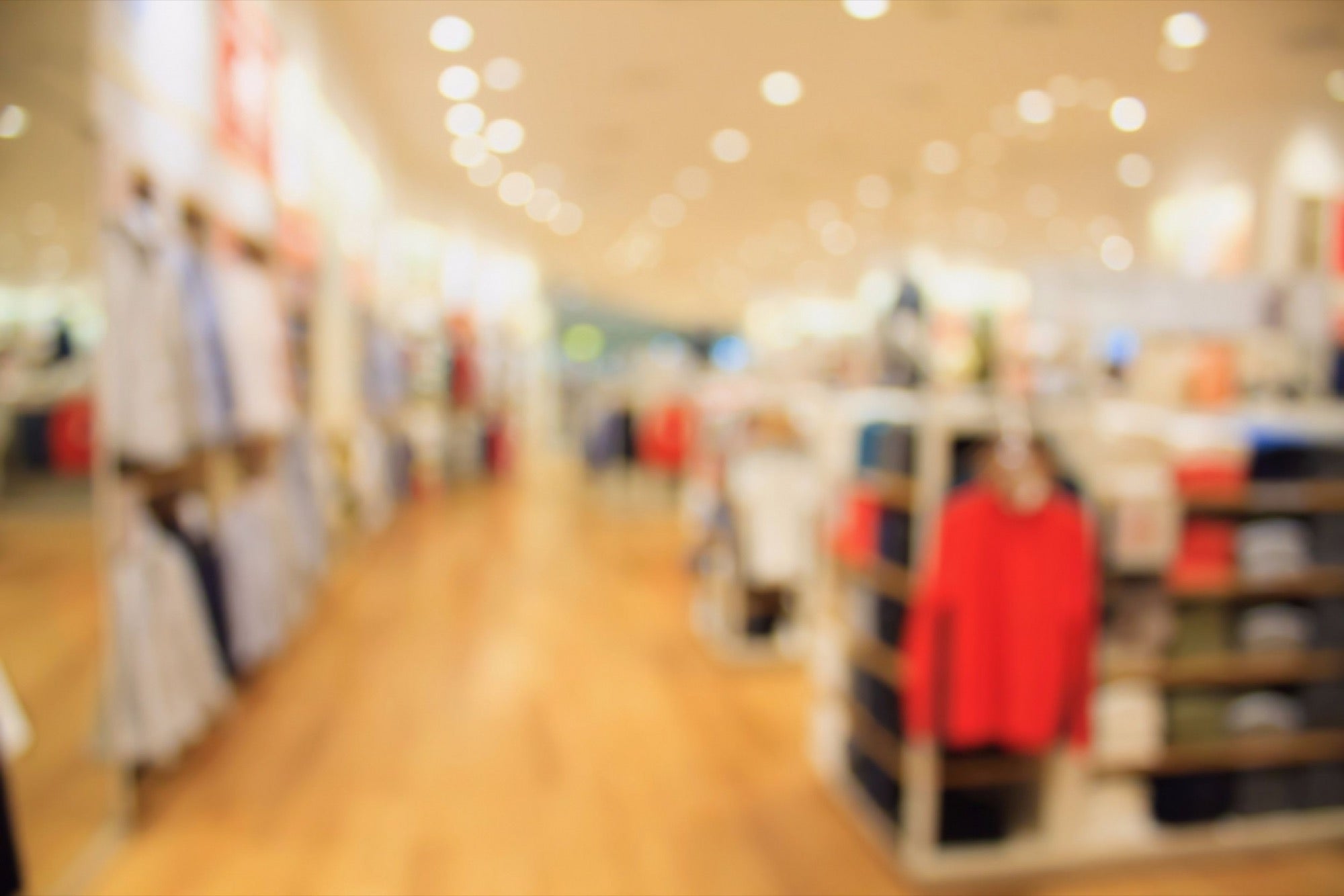#7 Trends That Will Shape Fashion E-Retail in 2018 Consumer needs are more likely to become sophisticated and technology-driven in the years to come
Opinions expressed by BIZ Experiences contributors are their own.
You're reading BIZ Experiences India, an international franchise of BIZ Experiences Media.

The fashion preferences of the Indian consumers are changing circumspectly. The demographic and psychographic profiles are changing, having a vast effect on the fashion businesses and industry. A few years back, no one could trust an online website with their debit/credit card details, online shopping was not even a trend, and social media platforms were only for networking purposes. But with major corporate giants venturing into the e-commerce segment, the scenario has changed drastically. With digital evolution and artificial intelligence gaining popularity in the society, certain changes have already taken place in the fashion industry. As we get ready to welcome 2018, let's take a look at some more explicit alterations that are likely to happen:
1. Personalization and Custom Experiences:
Major e-retailing brands nowadays have a separate section for customized products on their websites and apps. It is because e-retailers have discovered the value of letting consumers create their own personal products. This not only elevates customer loyalty and engagement but is also a point of attraction for the new consumers, because these products are tailored to consumer's expectations. Earlier, the only thing which was printed upon was paper, gradually moving on to mugs, cushion covers, mobile covers, pen drives, t-shirts, hoodies and now canvas shoes.
2. Normcore Style:
Normcore is a unisex fashion trend characterized by unpretentious, normal-looking clothing, or a style of dressing that involves the deliberate choice of unremarkable or unfashionable casual clothes. With consumers opting for products that cater more to their comfort than the trends, athleisure wear for e.g. canvas shoes, yoga pants, sweatpants, and hoodies are going to be in for massive demand.
3. Smart E-retail Stores:
Consumers prefer an easy interface application and website. While shopping online, they do not wish to spend too much time in navigating through the application and website. Automatic check-out systems, product suggestions based on purchase history, or content tailored to the consumers' preferences which make the experience uncomplicated and effortless will be pursued.
4. Digital Product Story-Telling:
Story-telling is a powerful way to connect with consumers. Every product or brand that has a story to tell has a certain appeal to it. In 2018, more businesses are expected to embrace and integrate brand and/or product story-telling in their marketing strategies. They will focus on increasing consumer involvement on an emotional level through social media and content marketing stories.
5. Social Media will be the New Storefront:
Social media may not seem like a new trend, but new ways to use it are constantly evolving. Businesses have been using these platforms as a promotional tool as they are the most convenient and cheapest means of communication. Being an industry where one can witness frequent changes, the fashion industry uses social media to correspond with its consumers. With digital influencers and bloggers in vogue, high-end labels and brands will continue being in touch with the audience through apps like Twitter, Snapchat, Tumblr, and Pinterest. Influential marketing has been helping brands create a buzz around their products and services and will continue to do so.
6. On-the-go Shopping:
E-retailers are increasingly creating multi-view with mobile phones as one of their top selling store model. The attention span of shoppers is dwindling so people are increasingly turning to mobile shopping for its convenience and speed. Currently, around 50% of shopping is done on mobile and this is only set to rise in 2018 as people are finding fewer reasons to shop in physical stores.
7. Astute Consumers:
Today's consumers are better informed, well connected, demanding and conscious of the value and authenticity of the products they are purchasing, which in turn makes them unpredictable. Consumer needs are more likely to become sophisticated, technology-driven and challenging for the fashion companies, who will have a tough time fighting the consumer unloyalty.













